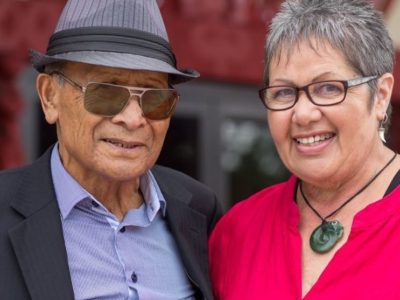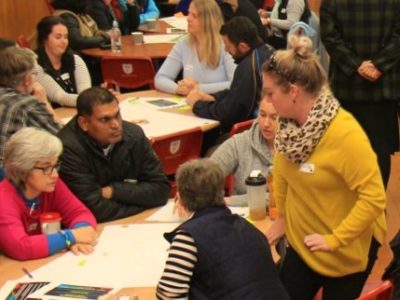
Spreading & embedding Equity, Excellence and Belonging
Posted on 06 August, 2017
https://poutamapounamu.org.nz/news/2017/spreading-and-embedding-equity-excellence-and-belonging
Working with Kāhui Ako
Since its beginnings at the start of 2017, members of the Poutama Pounamu whānau have consolidated prior relationships and begun to develop new relationships with schools and Kāhui Ako/Communities of Learning. We have both Expert Partners and Accredited Facilitators available to support PLD planning and delivery and we are working across all regions of Aotearoa from Te Tai Tokerau in the north to Murihiku in the south.
Thriving and succeeding
Members of the whānau are working to support a kaupapa of Equity, Excellence and Belonging. To date we are working in 47 individual schools; primary and secondary. Some of these schools have chosen to continue existing relationships that were developed through Kia Eke Panuku.
Other schools are new to this work and new to the whānau.
However, our foundational principle of developing cultural relationships and using a responsive approach with schools is allowing us to build on the existing skills and expertise in these schools to provide a one size fits one response. These understandings are being promoted across these varied settings in order to support the vision of Māori and all students thriving and succeeding within education.
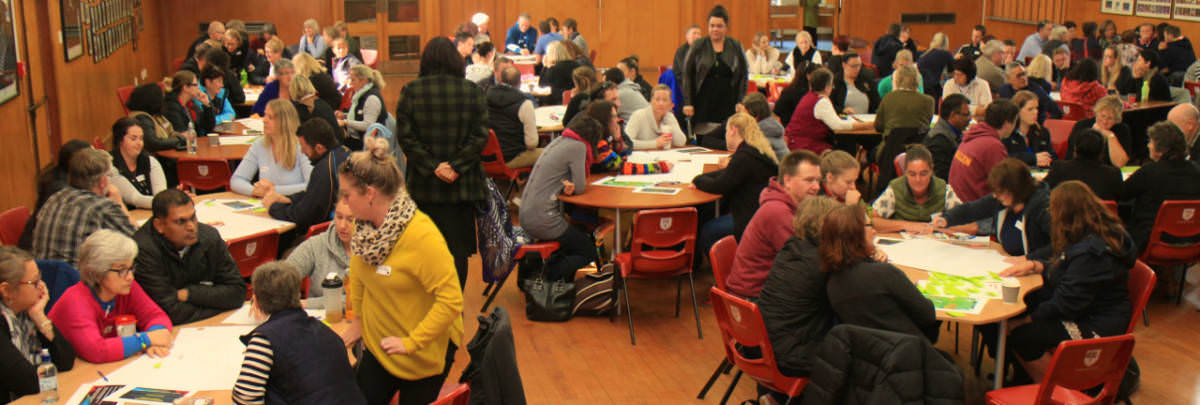
Working with Kāhui Ako and schools
In addition to the work with individual schools, the whānau is also engaged with 16 Kāhui Ako. This includes both Expert Partner and Accredited Facilitator roles and responsibilities. At last count, this brings more than 170 additional schools, including some early childhood settings, with whom potentially we will be able to work.
Working with schools and Kāhui Ako to respond to their evidence, and plan for PLD, touches on all core aspects of our work. By way of example, across our schools, members of the Poutama Pounamu whānau are:
- working with teachers and middle leaders, and in-school and across-school PLD Leads to spread and embed cultural relationships for responsive pedagogy
- supporting school leaders in their own critical inquiry focused on their leadership roles and responsibilities towards equity, excellence and belonging
- working with strategic change leaders within the school to embed critical cycles of inquiry focused on equity, excellence and belonging
- supporting schools to develop and enrich educationally powerful connections with whānau, hāpū and iwi
- supporting literacy strategies that have been shown to promote educationally powerful connections between homes and school
- working with schools to develop and implement Teacher Led Innovation Funding (TLIF). To date we have been successful in two out of three proposals.
Contact us
If you would like to discuss your school’s PLD priorities with one of us or explore how we can support the work in your school or Community of Learning please contact: poutamapounamu@waikato.ac.nz
Submitted by Robbie Lamont
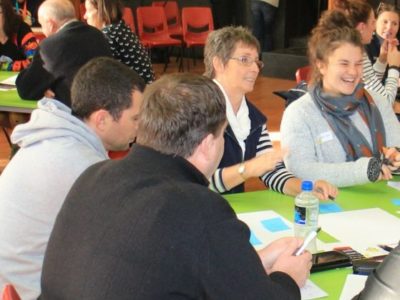
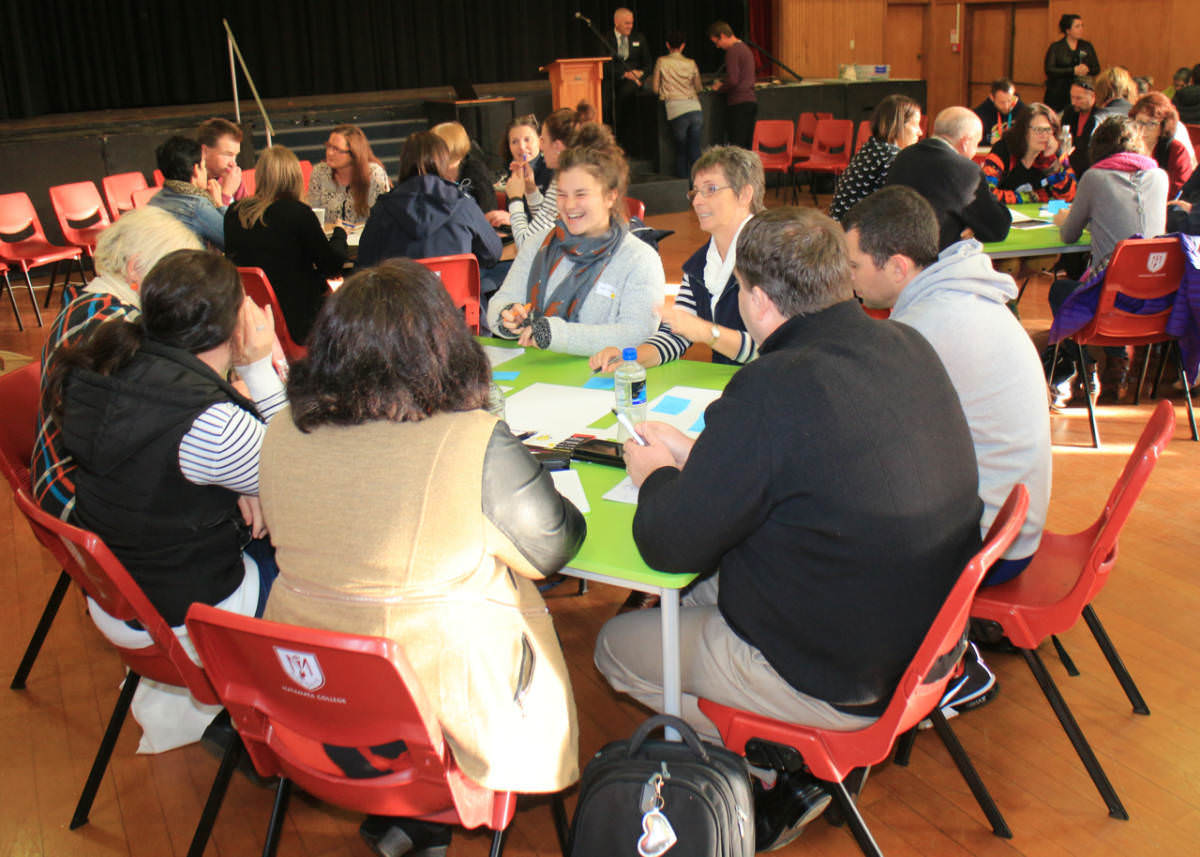 About the first day
About the first day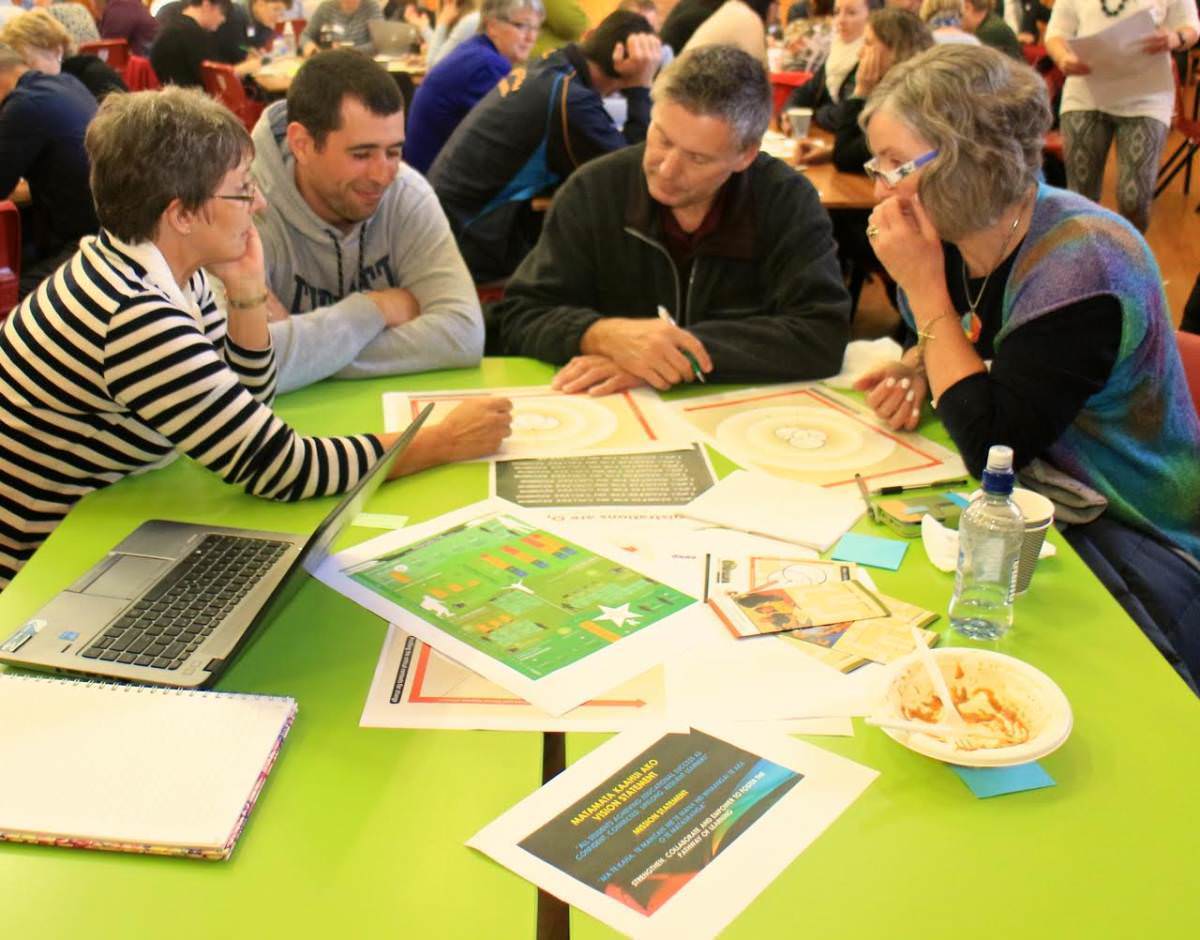 A facilitated session from the across school teachers followed. The purpose of this activity was to provide all teachers with an opportunity to meet, work and learn together in mixed school groups.
A facilitated session from the across school teachers followed. The purpose of this activity was to provide all teachers with an opportunity to meet, work and learn together in mixed school groups.
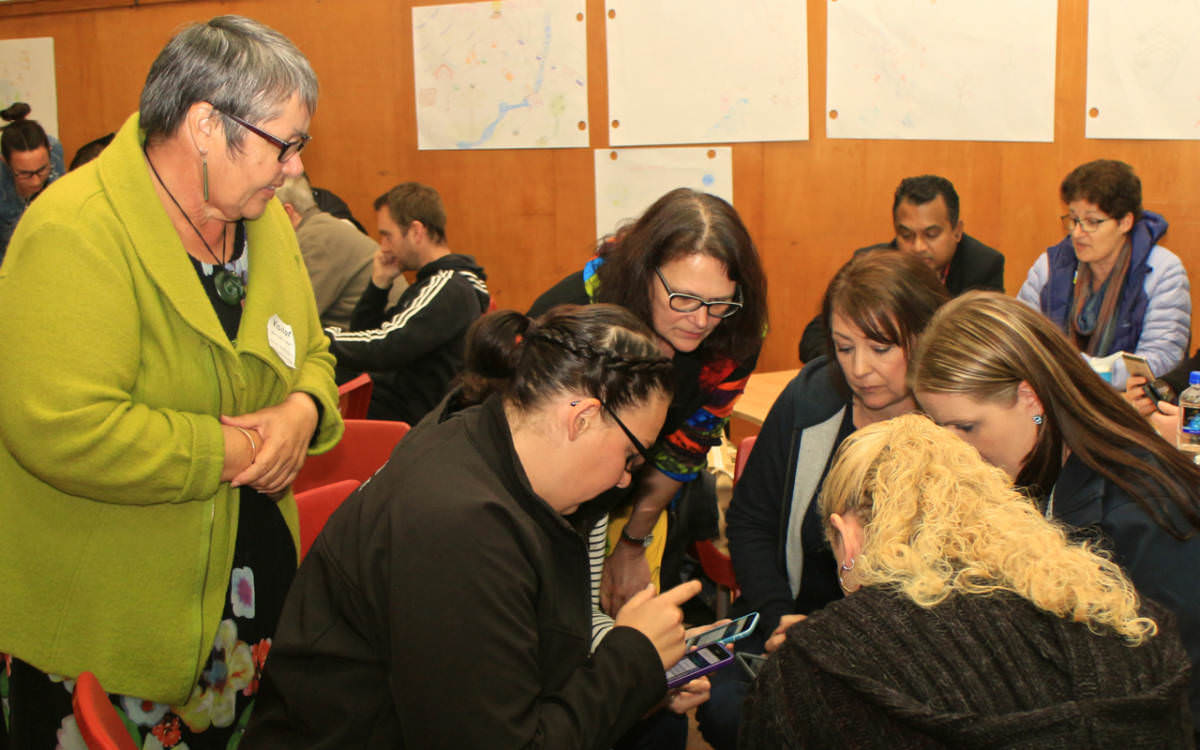 About the second day
About the second day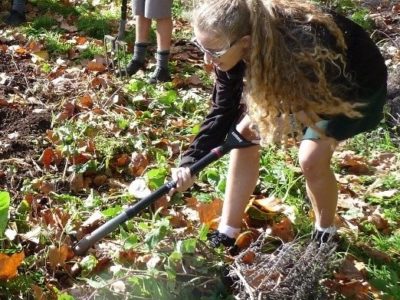
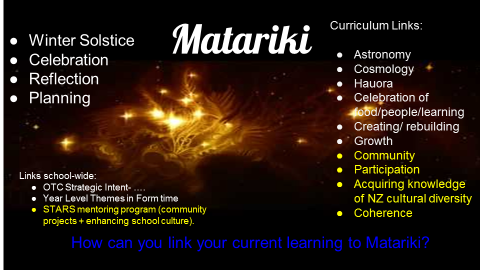 About Matariki
About Matariki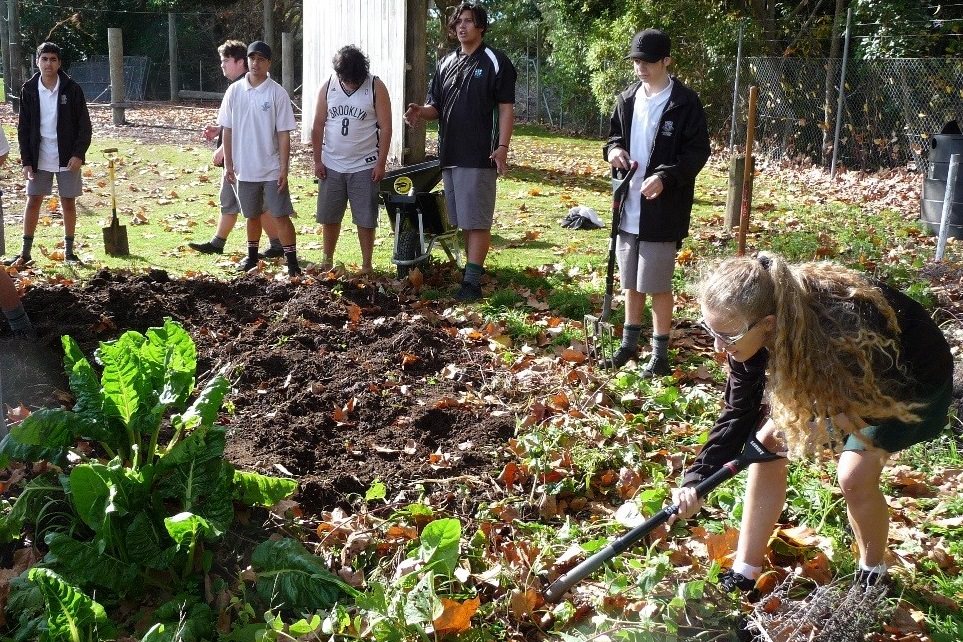 These photos, taken by Paul Furneaux, show our senior Horticulture students harvesting the produce to take to our neighbours Te Wharekura o Mauao - ready for the shared hangi and Matariki celebrations.”
These photos, taken by Paul Furneaux, show our senior Horticulture students harvesting the produce to take to our neighbours Te Wharekura o Mauao - ready for the shared hangi and Matariki celebrations.”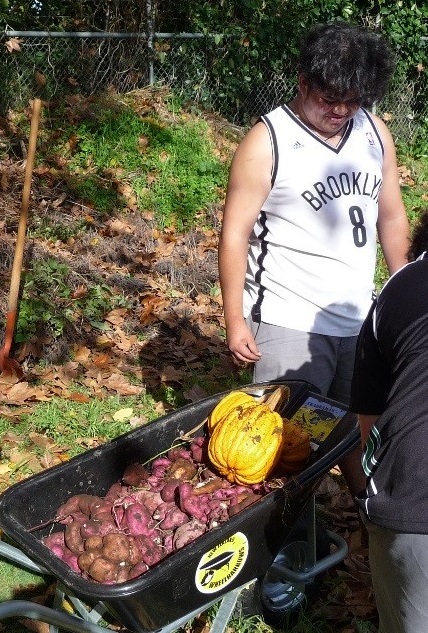 Kim asked what Matariki meant to their Year 9 students, and here are some of their replies:
Kim asked what Matariki meant to their Year 9 students, and here are some of their replies:
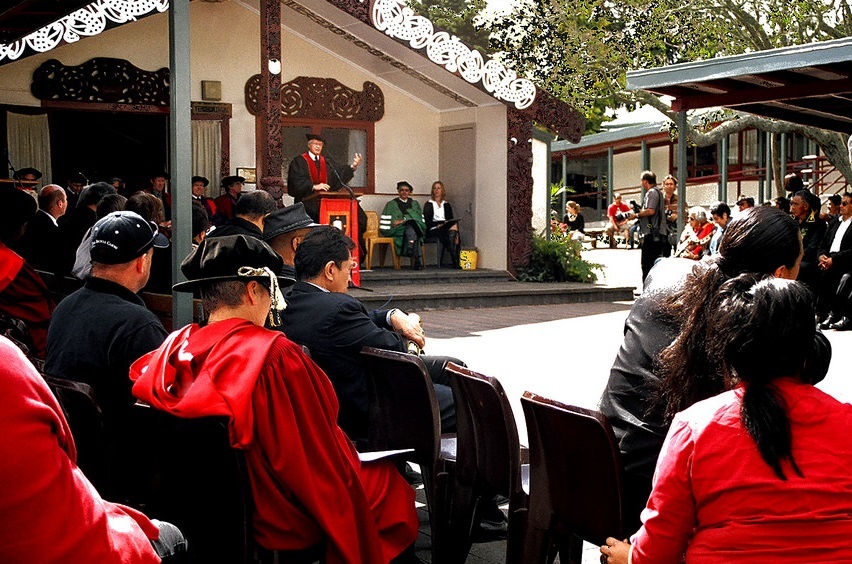 In recent years the previously mentioned developments in the education system have been the catalyst for middle and senior leaders to return to tertiary study and pursue Postgraduate diplomas and Master’s degrees.
In recent years the previously mentioned developments in the education system have been the catalyst for middle and senior leaders to return to tertiary study and pursue Postgraduate diplomas and Master’s degrees.
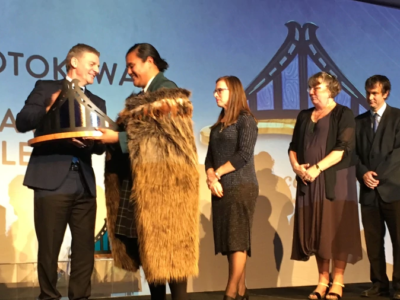
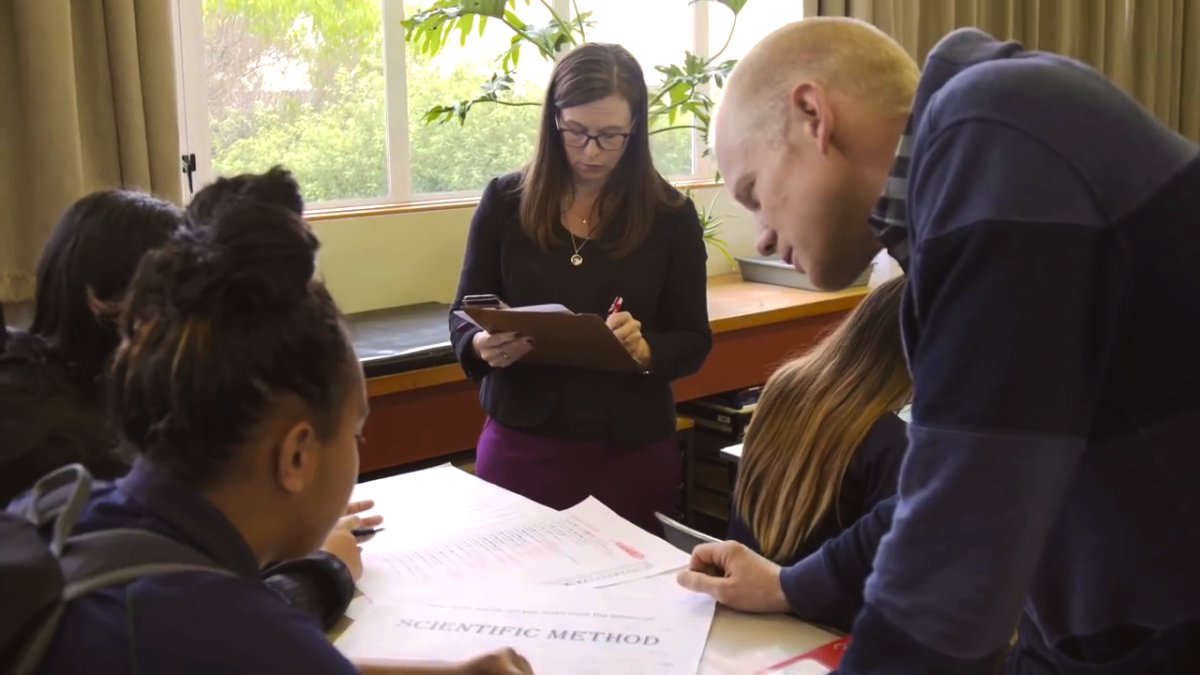 William Colenso College demonstrates an approach to leadership that critically examines their professional practice to ensure equity, excellence and belonging for all. They focus on activating their collective potential to promote a climate of trust, mutual respect, open-mindedness and willingness to learn from each other.
William Colenso College demonstrates an approach to leadership that critically examines their professional practice to ensure equity, excellence and belonging for all. They focus on activating their collective potential to promote a climate of trust, mutual respect, open-mindedness and willingness to learn from each other.
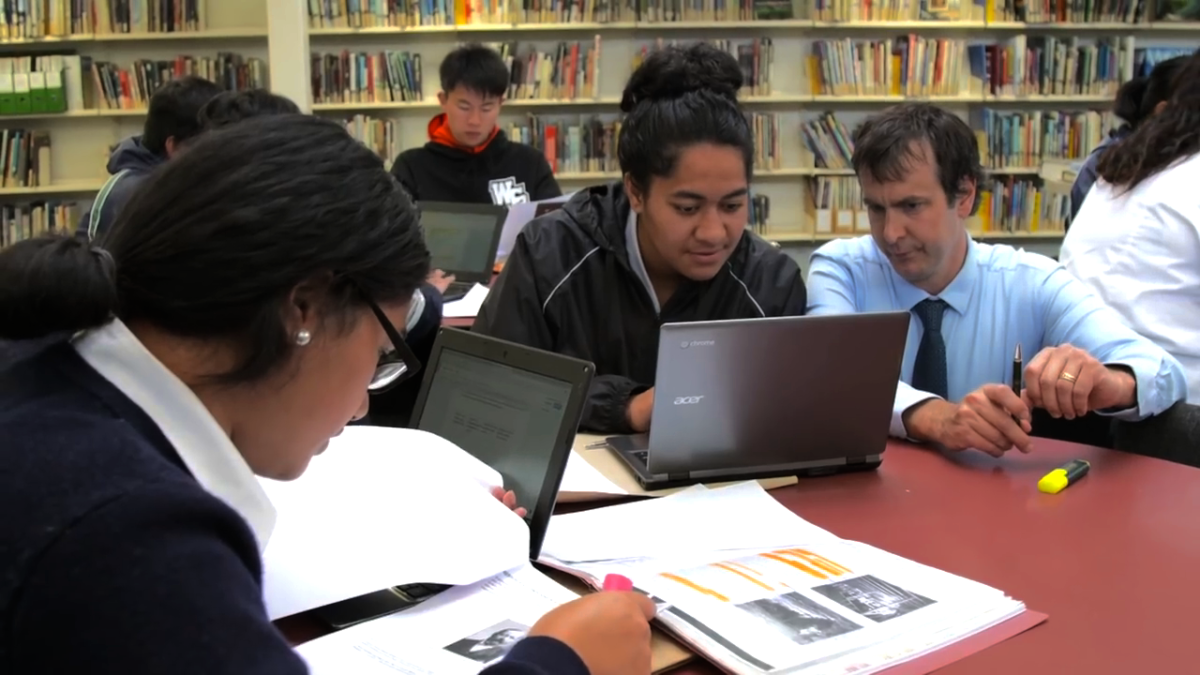 The educational community has also been the only school to be acknowledged by the Minister of Education for having improved NCEA results for four years in a row, particularly for their Māori students. Daniel believes, "it's about focusing on the difference you can make and not worrying about the things you can't change ... everyone's contribution adds up to one big achievement.”
The educational community has also been the only school to be acknowledged by the Minister of Education for having improved NCEA results for four years in a row, particularly for their Māori students. Daniel believes, "it's about focusing on the difference you can make and not worrying about the things you can't change ... everyone's contribution adds up to one big achievement.”
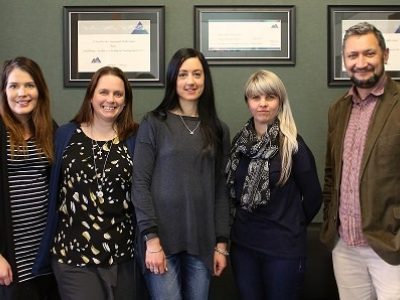
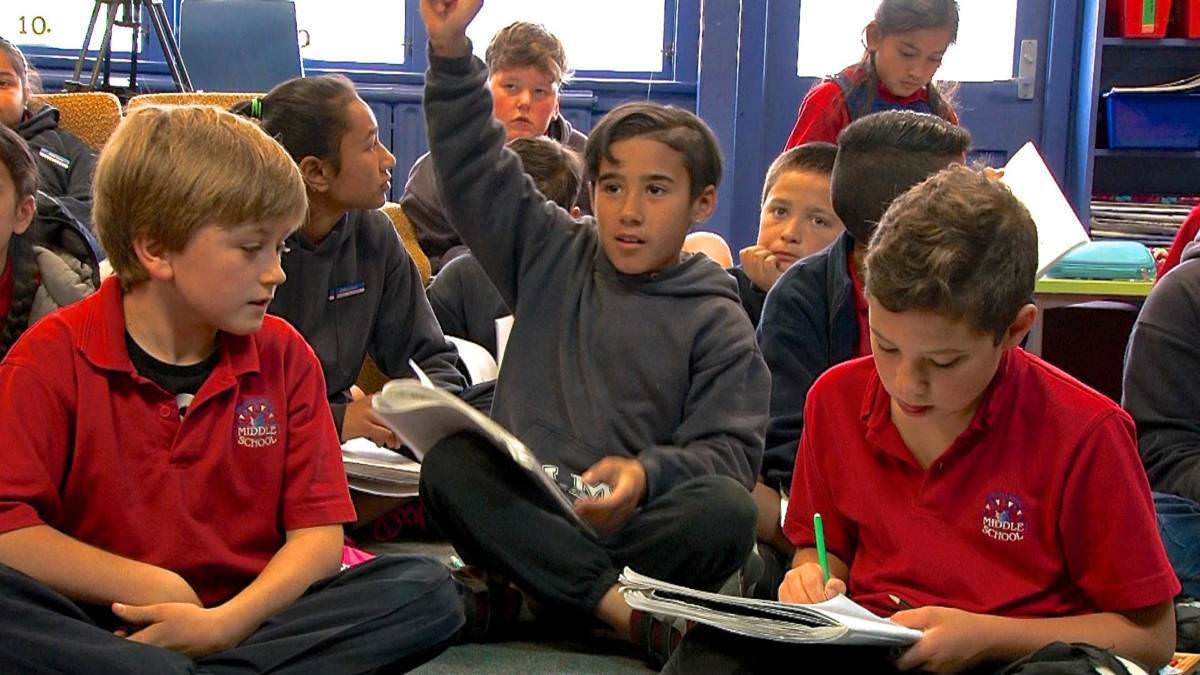 Congratulations to Invercargill Middle School, winners of the Prime Minister’s Excellence in Teaching and Learning – Atatū Award.
Congratulations to Invercargill Middle School, winners of the Prime Minister’s Excellence in Teaching and Learning – Atatū Award.
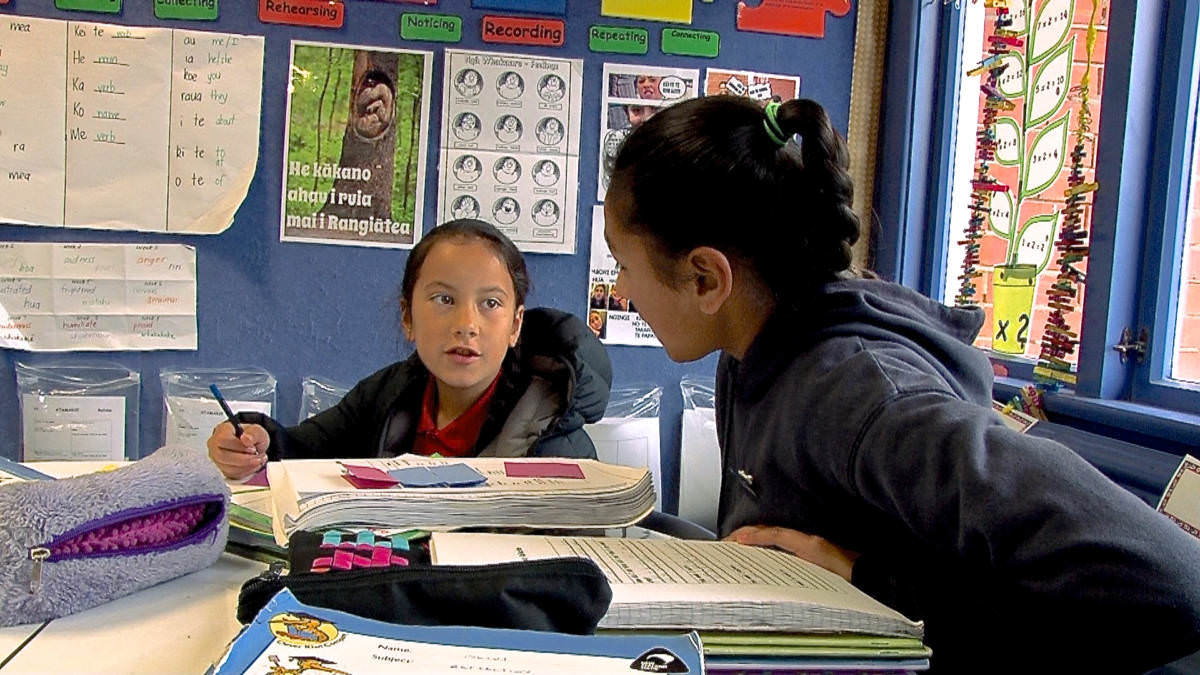 We were thinking about how to change the classroom so that the classroom is not about the teacher talking but the students discussions between each other, and that’s where that came from.
We were thinking about how to change the classroom so that the classroom is not about the teacher talking but the students discussions between each other, and that’s where that came from.
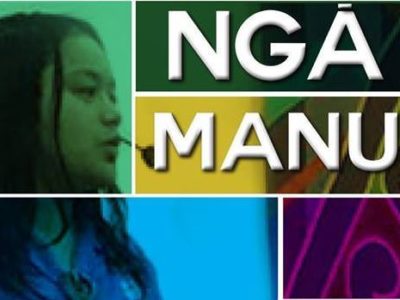
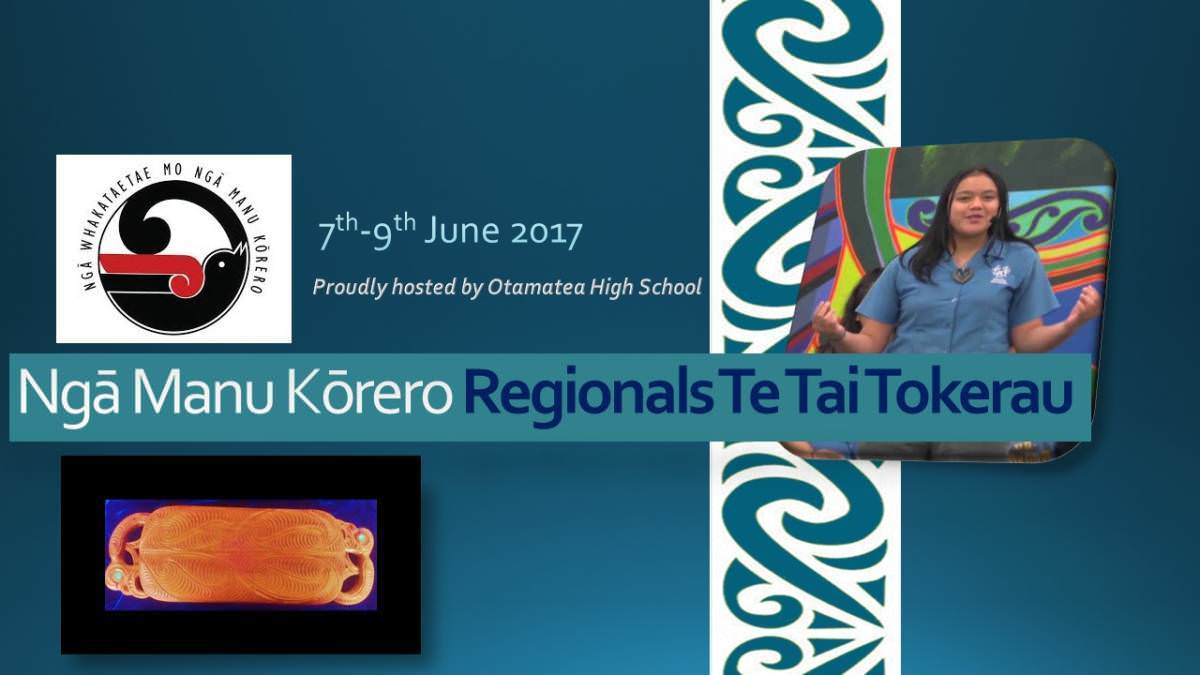 This year, Thomaseena Paul and Otamatea High School privileged me with an invitation to be a kaiwhakawā in the English section of the Te Tai Tokerau Ngā Manu Kōrero. I wish to begin by thanking them.
This year, Thomaseena Paul and Otamatea High School privileged me with an invitation to be a kaiwhakawā in the English section of the Te Tai Tokerau Ngā Manu Kōrero. I wish to begin by thanking them.
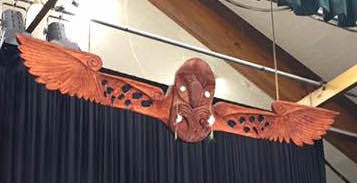 Firstly, I breathed in a cultural context that was determined by te reo me ōna tikanga Māori but physically located in a ‘western’ context - a school hall in a mainstream secondary school.
Firstly, I breathed in a cultural context that was determined by te reo me ōna tikanga Māori but physically located in a ‘western’ context - a school hall in a mainstream secondary school.
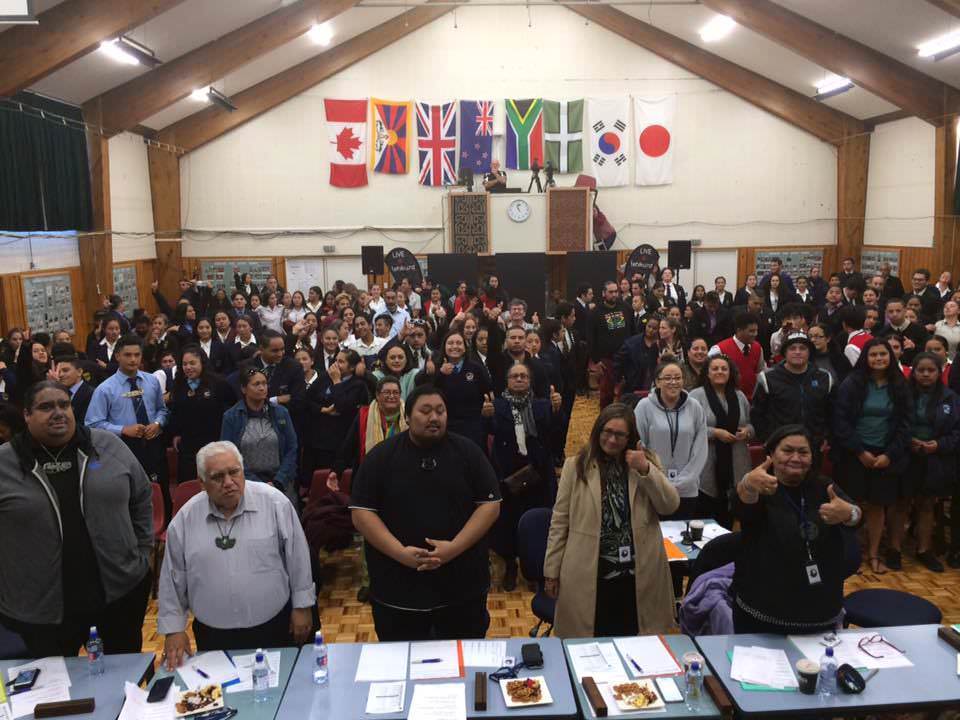 This concept has been part of professional development conversations I have had, but from the far end of the judging line in the draft of the door, I felt its importance. I may have been in the building, I may have been on the judging panel but there my place both began and ended.
This concept has been part of professional development conversations I have had, but from the far end of the judging line in the draft of the door, I felt its importance. I may have been in the building, I may have been on the judging panel but there my place both began and ended.
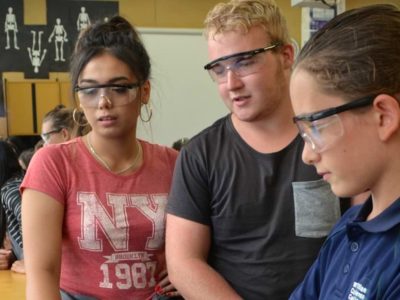
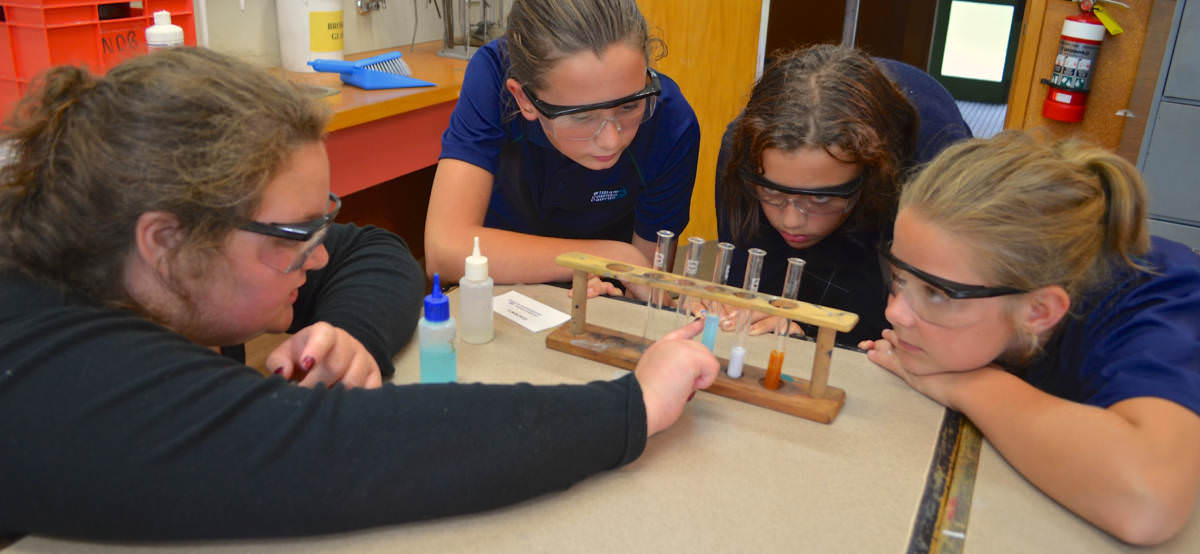
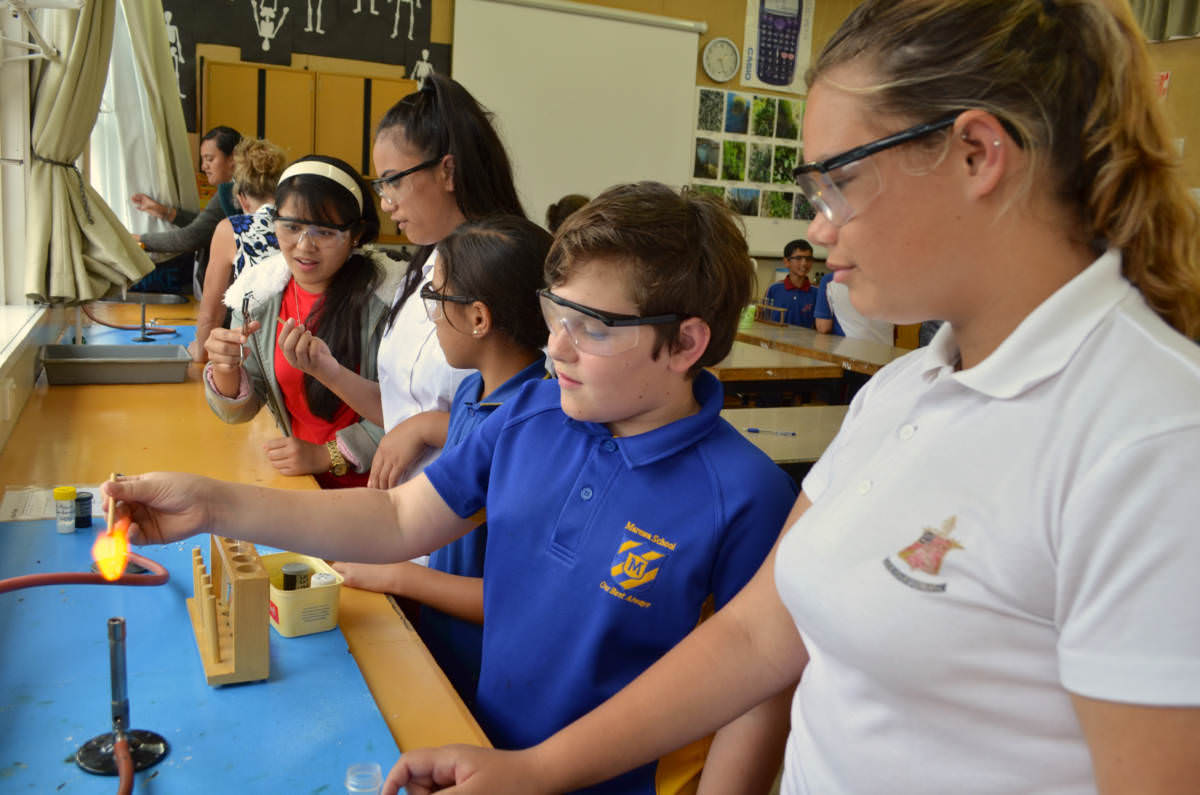 The Matariki Community of Learning/Kāhui Ako consists of the following member schools:
The Matariki Community of Learning/Kāhui Ako consists of the following member schools: